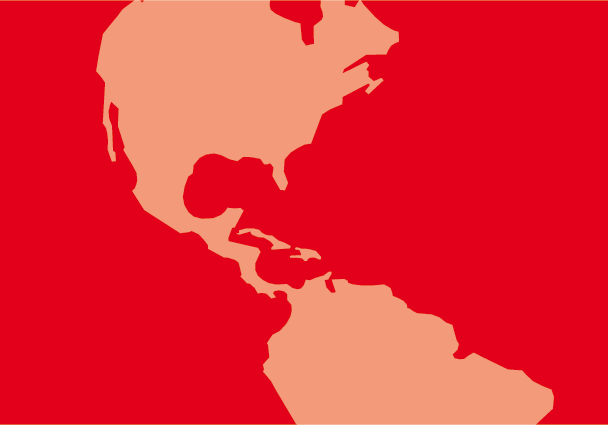
Aug 13, 2014 | News
Declaración de la CIJ al finalizar su reciente visita al municipio de Rabinal, departamento de Baja Verapaz, y sus reuniones con dirigentes comunitarios y defensores de derechos humanos.
La Comisión Internacional de Juristas visitó el municipio de Rabinal, Departamento de Baja Verapaz, del 6 al 8 del presente mes. En dicha visita los delegados de la CIJ tuvieron oportunidad de conversar con dirigentes comunitarios y defensores de derechos humanos y recabar información sobre la situación que se vive en el municipio.
Descargar la declaración: Guatemala-Inquietud en Rabinal-news-web story-2014-spa
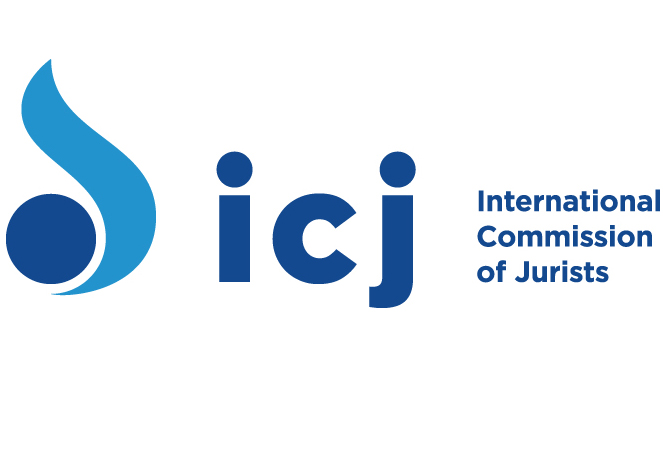
Aug 12, 2014 | Events
Matt Pollard and Alex Conte, of the ICJ’s International Law and Protection Programmes, will give presentations during the Global Consultation on the Right to Challenge the Lawfulness of Detention, to be held in Geneva on 1-2 September 2014.
The UN Working Group on Arbitrary Detention, in cooperation with the Office of the UN High Commissioner for Human Rights, will convene the Consultation. The aim of the two-day meeting is to seek input on the development by the Working Group of draft basic principles and guidelines on remedies and procedures on the right of anyone deprived of his or her liberty, by arrest or detention, to bring proceedings before court, in order that the court may decide without delay on the lawfulness of his or her detention and order his or her release if the detention is not lawful.
ICJ experts, Matt Pollard and Alex Conte, will be members of two panel discussions during the Global Consultation, respectively on the framework, scope and content of the right to court review of detention and on exercise of that right in situations of armed conflict, state of emergency or for counter-terrorism purposes.
The ICJ has already made two written submissions to the Working Group on Arbitrary Detention on the subject, in November 2013 and April 2014.
Go to the OHCHR webpage on the Global Consultation
See the ICJ’s written submissions to the Working Group on Arbitrary Detention
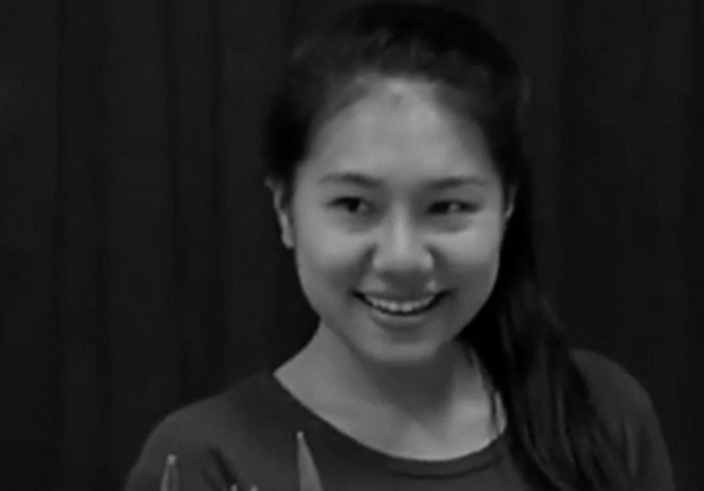
Aug 4, 2014 | News
The Royal Thai Government must conduct a prompt, independent and impartial investigation into allegations that military officers subjected Kritsuda Khunasen to torture, while holding her in incommunicado detention at a secret location for nearly one month, the ICJ said today.
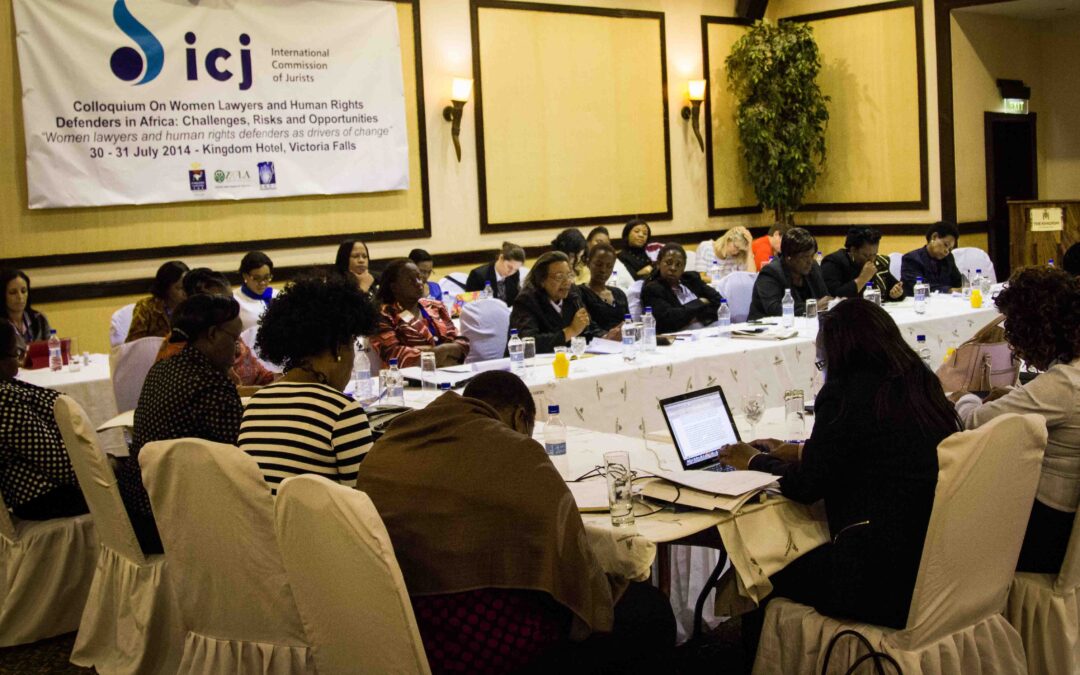
Aug 2, 2014 | Multimedia items, News, Video clips
Women judges, lawyers and human rights defenders from across Africa participated in ICJ Colloquia on “Women Lawyers and Human Rights Defenders: Challenges and Opportunities” on 30 and 31 July in Victoria Falls, Zimbabwe.
The colloquia were hosted in collaboration and partnership with the Gender Committee of the SADC Lawyers Association, the Zimbabwe Women Lawyers Association and Zimbabwe Lawyers for Human Rights.
It enabled over 40 women lawyers, human rights defenders and judges to come together to identify the challenges faced by women lawyers and human rights defenders and elaborate action steps.
Discussions also addressed the role of the judiciary in advancing gender equality, women’s access to justice and protection of women human rights defenders.
The Colloquia are part of an ICJ multi-year initiative on women judges, lawyers and human rights defenders as agents of change.
Interviews:
Justice Martha Koome (Kenya)
Justice Lillian Tibatemwa-Ekirikubinza (Uganda)
Doo Aphane (Swaziland)
Jane Serwanga (Kenya)
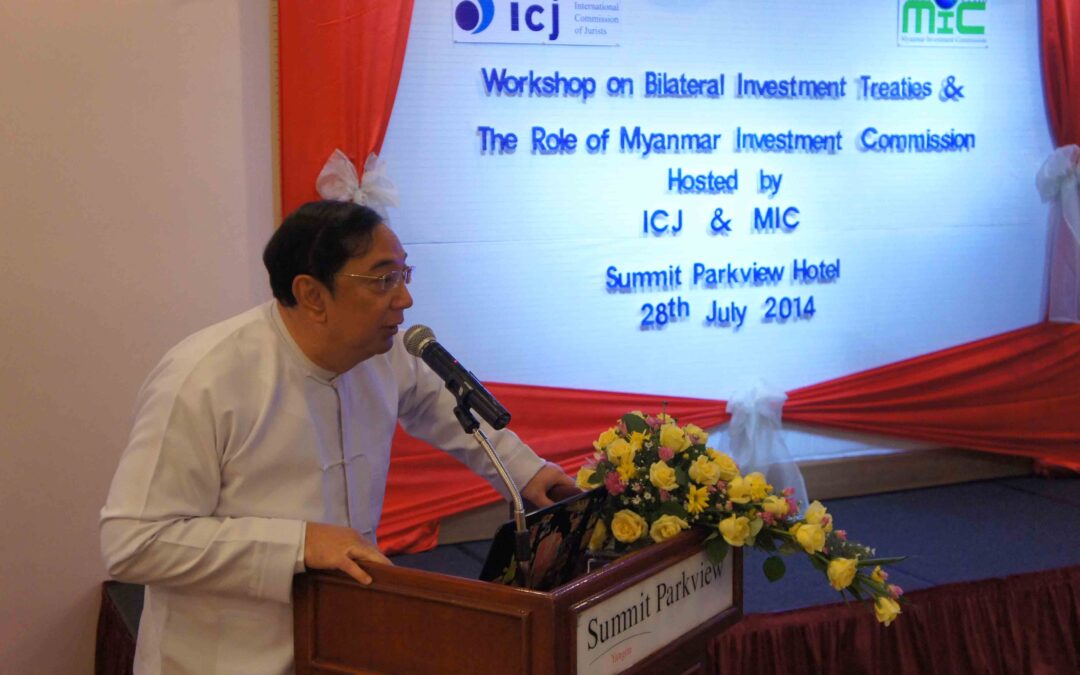
Jul 30, 2014 | News
The ICJ and the Myanmar Investment Commission co-hosted a workshop on “Bilateral Investment Treaties and the Role of the MIC” in Yangon on 28 July 2014.
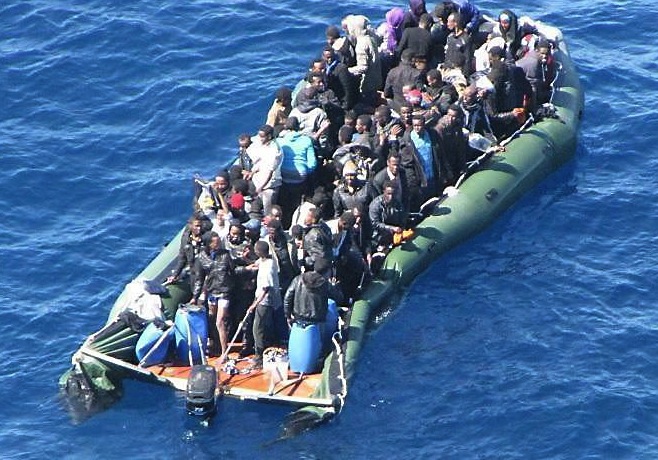
Jul 28, 2014 | News
Today the Consultative Forum on Fundamental Rights of Frontex published its first annual report.
The report intends to explain the functioning of the Consultative Forum, retrace Consultative Forum’s activities in 2013 and give a short outlook for 2014. It contains the main recommendations that the Consultative Forum made to Frontex and its Management Board in 2013 and the impact of those.
The Consultative Forum was instituted pursuant to article 26a of Frontex Regulation as revised in October 2011.
It is currently composed by:
- two European Union Agencies:
- European Union Agency for Fundamental Rights (FRA)
- European Asylum Support Office (EASO)
- four UN Agencies and Intergovernmental Organisations:
- United Nations High Commissioner for Refugees (UNHCR)
- International Organization for Migration (IOM)
- Organisation for Security and Co-operation in Europe, Office for
- Democratic Institutions and Human Rights (OSCE / ODIHR)
- Council of Europe (CoE)
- nine Civil Society Organisations:
- Amnesty International European Institutions Office (AI EIO)
- Caritas Europa (CE)
- Churches’ Commission for Migrants in Europe (CCME)
- European Council on Refugees and Exiles (ECRE)
- International Commission of Jurists (ICJ)
- International Catholic Migration Commission (ICMC)
- Jesuit Refugee Service Europe (JRS)
- Platform for International Cooperation on Undocumented Migrants
- (PICUM)
- Red Cross EU Office.
The Consultative Forum has the competence to assist the Executive Director and the Management Board in fundamental rights matters.
Frontex_Consultative_Forum_AR2014 (Report in pdf)










